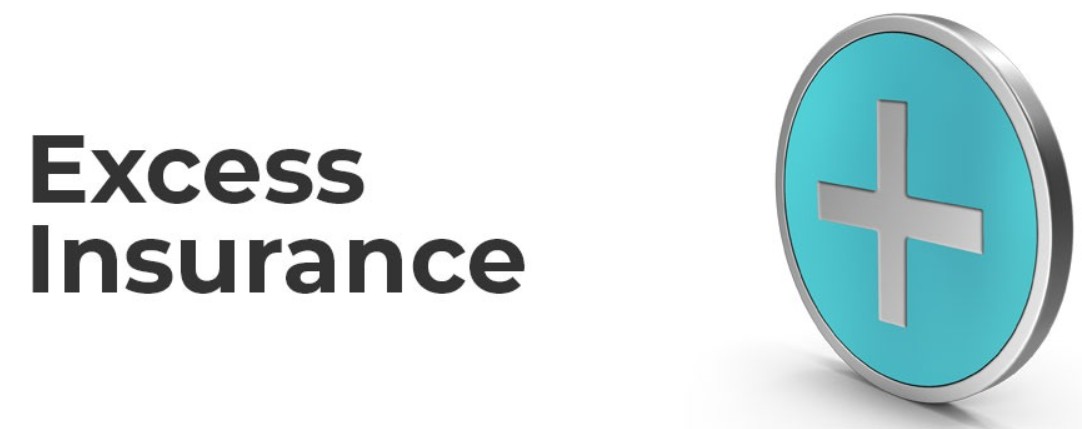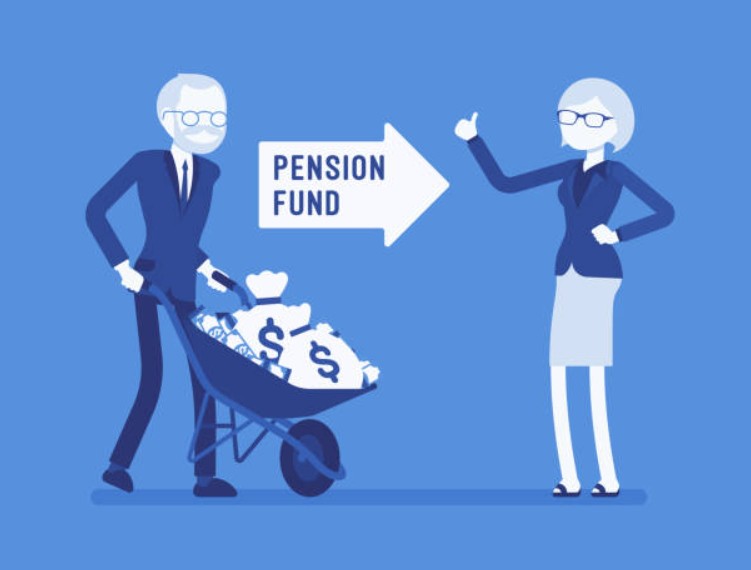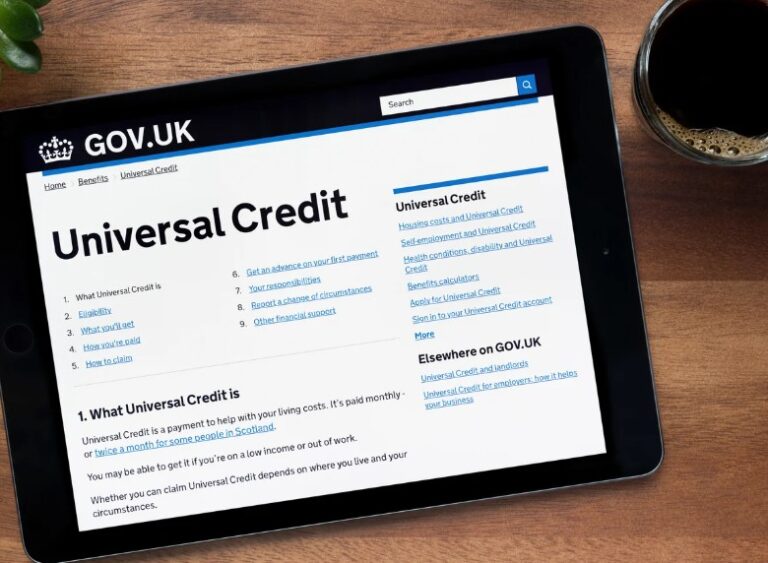What Does An Excess of £500 Mean on Your Insurance Policy?
Last Updated on
If you’ve recently reviewed your insurance policy and noticed a figure like £500 in the fine print, you may be wondering what it really means. In the world of insurance, the term excess can sometimes cause confusion. Grasping this concept is crucial, as it directly influences the amount you would be required to pay if you need to make a claim. But what does it mean if your insurance policy has an excess of £500? Let’s break it down in an easy-to-understand and engaging way, answering all the questions you may have.
What Is an Insurance Excess?

Understanding the Basics
In simple terms, an excess is the amount you are responsible for paying before your insurance provider steps in to cover the rest. If your insurance policy includes an excess of £500 on any claim, after which the insurance company will begin to contribute. The insurance company will then cover any additional costs, up to the policy limit.
Example:
If your car insurance includes a £500 excess and you’re in an accident causing £2,000 in damage, you’ll be responsible for the first £500, while your insurer will cover the remaining £1,500.
Why Do Insurers Use an Excess?
Is an Excess a Good or Bad Thing?
An excess serves multiple purposes in the insurance world. Here’s why it’s included in most policies:
- Risk Reduction for the Insurer:
Insurance companies use excesses to limit their own risk. By making you pay part of the claim, they can reduce the number of small claims they have to process, which ultimately helps keep premiums lower for everyone. - Encouraging Responsible Behaviour:
An excess encourages policyholders to be more careful. If the financial responsibility for minor damages is on you, you may take extra precautions to avoid accidents. - Reducing Policy Costs:
Choosing a higher deductible may lower your monthly insurance premiums, as a larger deductible often leads to reduced premium rates.
What’s the Catch?
The downside is that if you need to make a claim, you will need to pay that excess amount upfront before receiving any payout. This means having a £500 excess could be a bit of a financial strain if you don’t have that money readily available.
When Do You Pay the £500 Excess?
Claiming from Your Insurance Policy

To understand the practical implications of your £500 excess, let’s look at when you would actually need to pay it:
- When Your Claim Is Approved
If your insurance company approves your claim, the excess is deducted from the payout. For instance, if a storm causes £1,000 worth of damage to your car, you would cover £500, while the insurance company would handle the remaining £500. - When You Make a Claim for Damage or Loss
Whether it’s home, auto, or health insurance, the excess is applicable every time you make a claim. You’ll need to pay that upfront before any payout.
How Does a £500 Excess Compare to Other Excess Amounts?
Is £500 High, Low, or Just Right?
The excess amount may differ based on the insurance type and the provider’s conditions, with your chosen amount impacting the overall cost of the policy. Here’s a comparison:
| Excess Amount | Implication | Example Scenario |
|---|---|---|
| £250 | Lower excess, higher premium | Ideal for those who want peace of mind and lower upfront costs. |
| £500 | Balanced excess, moderate premium | Common for auto, home, and health insurance policies. |
| £1,000 | Higher excess, lower premium | Suited for those willing to pay more upfront in case of a claim. |
Which Excess Amount Is Right for You?
Selecting the appropriate excess amount should be based on your personal financial circumstances and your comfort level with potential risks. If you can afford to pay £500 in case of an emergency, a £500 excess could help lower your monthly premium. If you prefer paying a lower excess but higher premiums, a £250 excess might be more suitable.
Can You Lower or Increase Your Excess?
Flexibility in Adjusting Your Policy
The good news is that many insurers allow you to adjust your excess to suit your needs. Here’s how you can modify it:
- Lowering Your Excess
If you prefer not to pay a large amount in case of a claim, you can reduce the excess. This may lead to an increased monthly premium for your insurance. - Increasing Your Excess
On the other hand, raising your deductible can reduce your monthly premiums. But be cautious, as this means you’ll pay more out-of-pocket when making a claim.
What Happens If You Don’t Have £500 to Pay for Your Excess?
Could It Lead to Problems?

If you’re unable to cover the excess, it could create challenges when filing a claim.
- Delayed Claim Process:
Your claim may be delayed until you can pay the excess, as the insurer won’t process the claim until this is settled. - Possible Rejection of Claim:
In certain situations, failing to cover the excess cost may result in your claim being denied.
Is There a Way Around It?
Some insurers offer an excess protection policy, which allows you to insure against the cost of your excess. This can be a helpful option for those who are concerned about paying out-of-pocket in the event of a claim.
Final Thoughts on Insurance Excess
A £500 excess can seem like a lot, but it’s a common amount for many insurance policies in the UK. It’s a useful way to manage your premiums and reduce your monthly costs. However, it’s essential to consider whether you can comfortably afford this excess in case you need to make a claim. Before signing up for any policy, make sure you understand how the excess works and adjust it based on your needs.
In the end, having a clear understanding of your insurance excess ensures that you can make informed decisions when the unexpected happens.
Frequently Asked Questions (FAQs)
1. What’s the difference between excess and deductible?
Both terms refer to the amount you pay before the insurer covers the rest, but “excess” is more common in the UK.
2. Can I have multiple excesses in one policy?
Yes, depending on the types of coverage (e.g., home and car), you might have to pay separate excesses for each.
3. Does every claim require an excess?
Most claims do, but some, like legal or medical claims, may not be subject to an excess.







